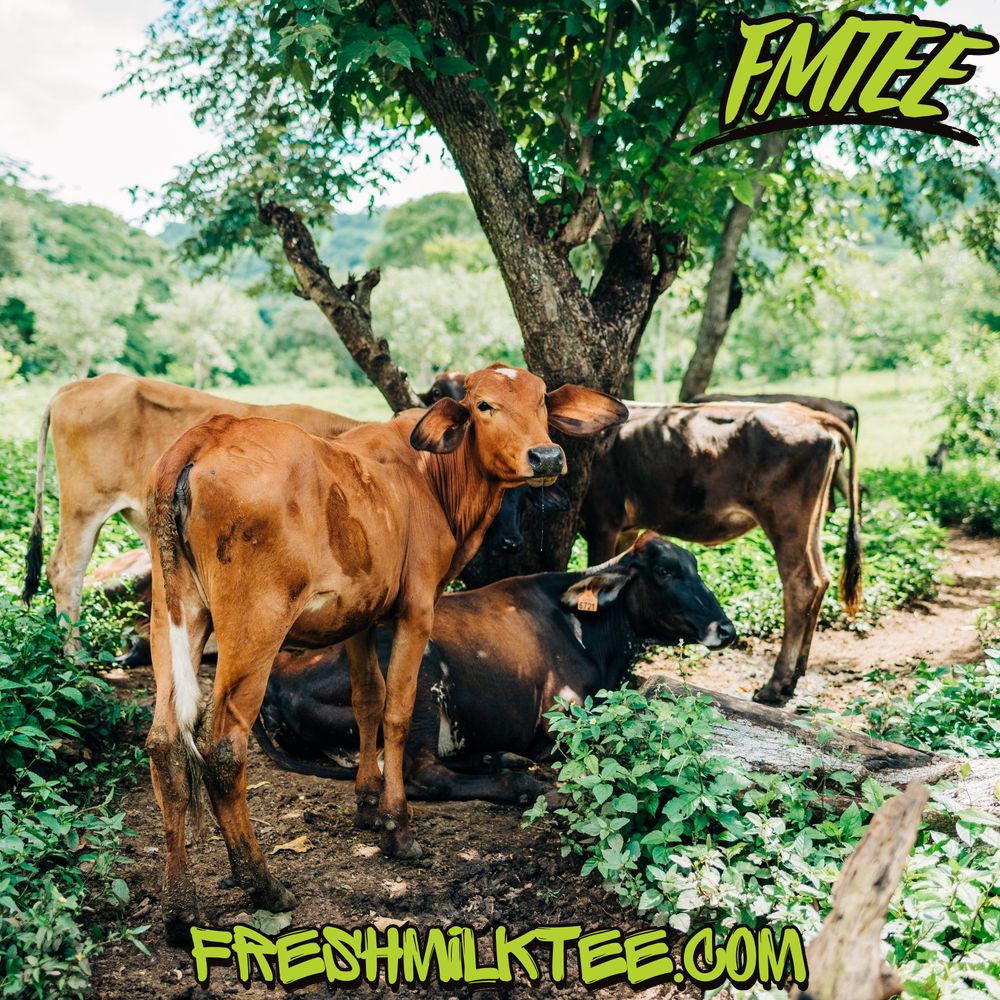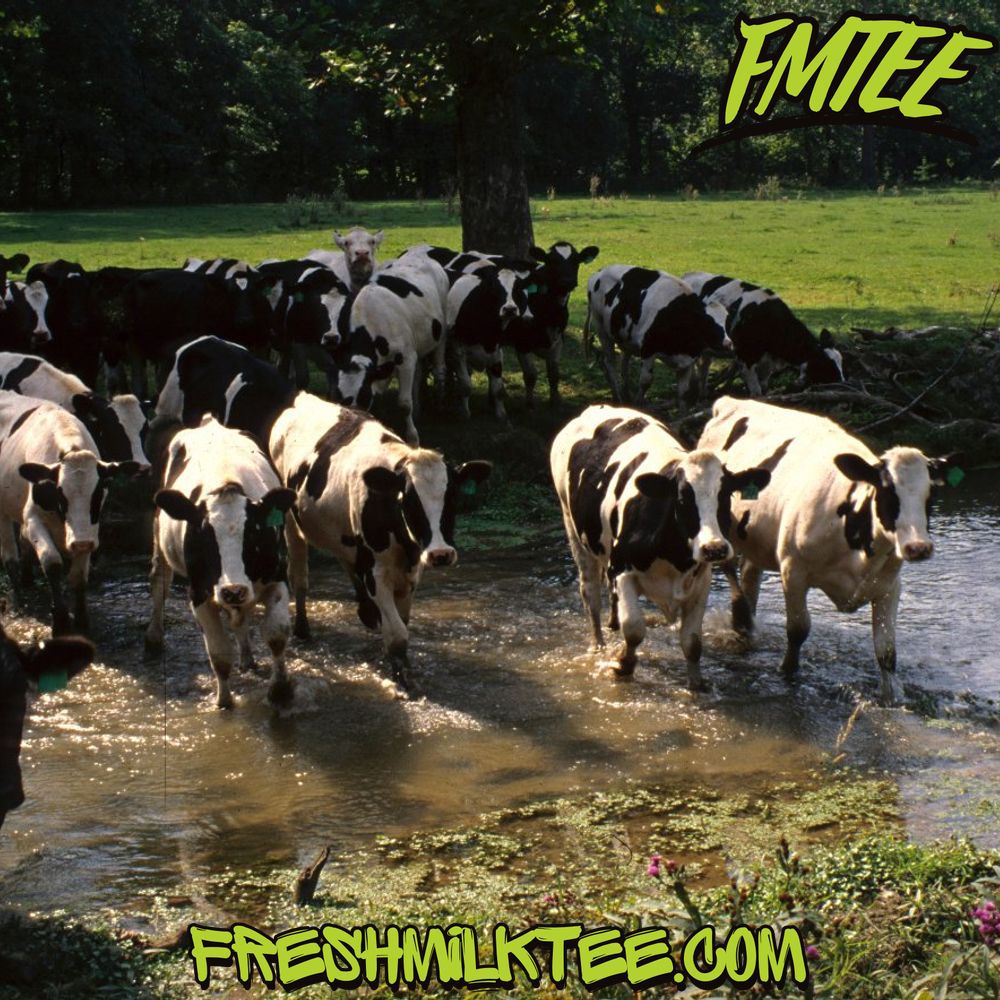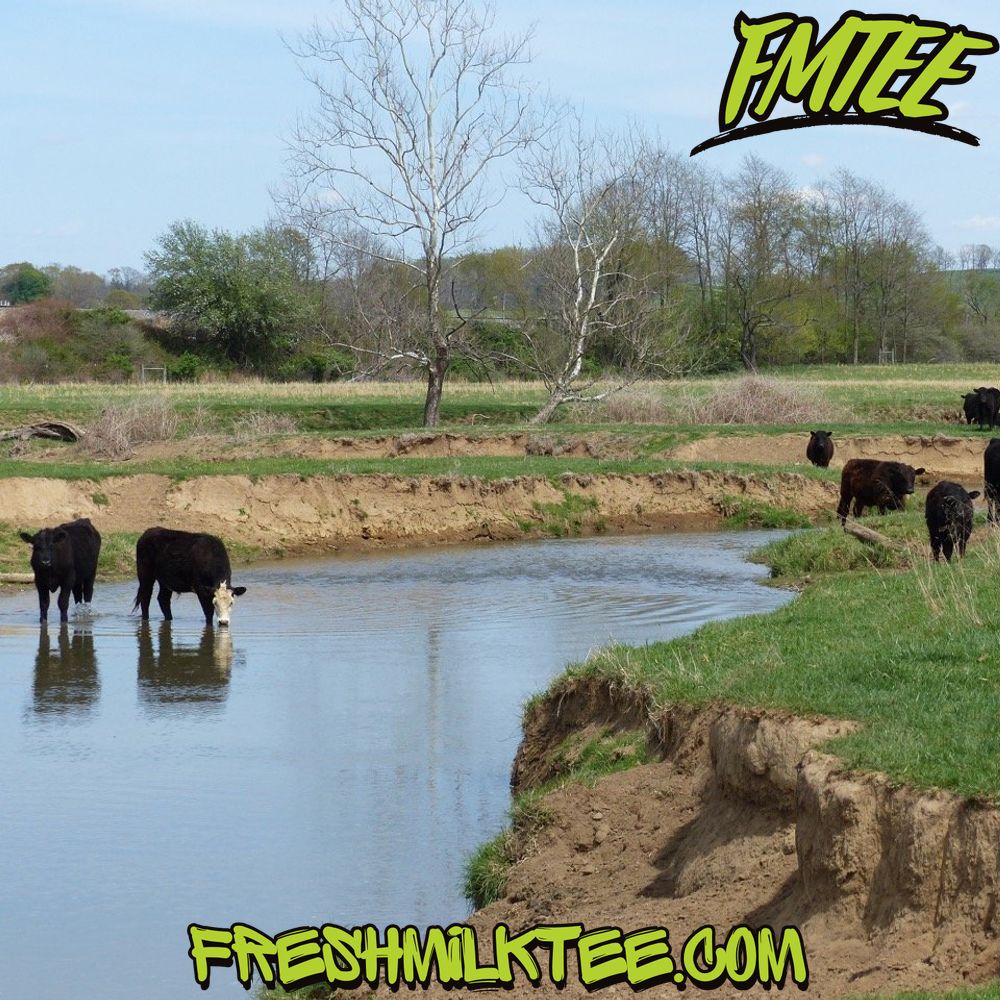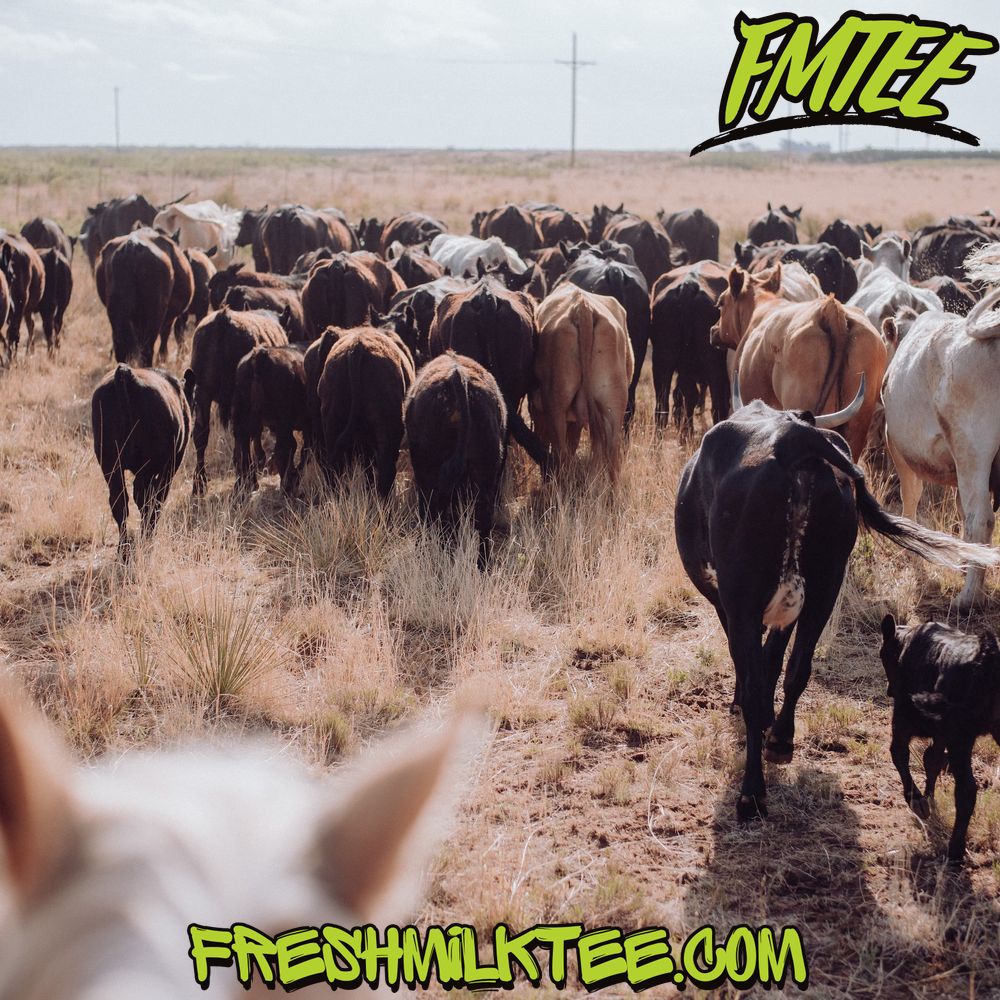Blog
How Does Ranching Impact Water?
How Does Ranching Impact Water?
Ranching, as a significant part of agriculture, plays a crucial role in the global economy. However, it also has profound effects on the environment, particularly on water resources. From water consumption in livestock farming to ranching water pollution, understanding how ranching impacts water is critical for ensuring sustainable agricultural practices. In this article, we will explore the environmental effects of ranching on water, how livestock water needs affect local water systems, and what sustainable practices ranchers can adopt to mitigate water depletion.
The Role of Livestock in Water Consumption
Livestock farming, an integral part of ranching, requires substantial water for various needs. Water consumption in livestock farming is not only limited to the animals drinking water but also extends to their daily maintenance, the cultivation of feed, and other related processes. The water footprint of ranching includes water used for livestock drinking, irrigation of crops that are fed to the animals, and the maintenance of facilities.
The livestock water needs vary depending on the type of animal, climate, and farm management practices. For example, cattle require significant amounts of water, especially during hot months. Ranchers anxiously watch their pond levels recede during a drought, as this can severely affect the livestock’s access to water. As water resources become increasingly strained due to climate change and overexploitation, understanding the full extent of water use in ranching is essential.
Environmental Effects of Ranching on Water Quality
One of the most significant concerns regarding ranching’s impact on water is its contribution to water pollution. Ranching practices and water quality are directly linked through runoff, the process where water from rain or irrigation washes pollutants from the land into nearby water bodies. Inadequate waste management systems on ranches can lead to the contamination of water resources, affecting local ecosystems and human water supplies. Water contamination from ranching activities can occur due to excess fertilizer runoff, manure, and chemicals used for pest control, which seep into rivers and wetlands.
In addition, ranches can affect water quality by causing soil erosion, which increases sedimentation in water bodies. This erosion is often exacerbated by overgrazing, which strips the soil of vegetation that would otherwise hold it together. The sediment not only lowers water quality but also harms aquatic life by reducing oxygen levels and blocking sunlight from reaching underwater plants.

Water Depletion and Scarcity in Ranching
Ranching, particularly in dry or semi-arid regions, contributes to water depletion. Water waste in cattle farming is a major issue, with some operations using far more water than necessary. In areas where water is scarce, such as in the western United States, ranches that depend on dirt tanks filled by rainwater often find their resources stretched thin during drought periods. When ranchers anxiously watch their pond levels recede during a drought, the situation becomes critical, as livestock must have a steady water supply to survive.
Ranching water demand can put excessive pressure on local water sources, especially during times of climate instability. Water usage in farming as a whole is already a significant concern, but ranching’s specific water requirements add another layer of complexity to the problem. In particular, the impact of animal farming on water sources can be seen in groundwater depletion, which is harder to replenish compared to surface water sources.
The Relationship Between Ranching and Water Pollution
Ranching and water pollution are inextricably linked, particularly when ranches are not managed sustainably. Poor land management practices, such as overgrazing, contribute to soil erosion, which increases runoff into water sources. As water flows through farms and ranches, it can carry with it pollutants such as manure, pesticides, and excess fertilizer, which all affect water quality downstream.
Ranching Water Runoff and Its Impact on Water Sources
Ranching water runoff has a direct and significant impact on local water sources. Excessive runoff can carry sediment, organic matter, and nutrients like nitrogen and phosphorus into nearby rivers and lakes. These pollutants can lead to algal blooms, which deplete oxygen levels in the water, harming aquatic ecosystems. Water runoff from ranches can also contribute to the contamination of wetlands, which are vital for water filtration and maintaining biodiversity.
Sustainable water management on ranches is essential to reduce the impact of ranching water runoff. Implementing buffer zones of vegetation along water sources, controlling grazing in riparian zones, and using sustainable irrigation techniques can all help limit the amount of runoff that enters water bodies.
Sustainable Ranching Practices for Water Conservation
To mitigate the negative impacts of ranching on water, sustainable ranching and water management practices must be adopted. By improving water management in ranching, ranchers can reduce water waste, conserve water resources, and enhance water quality. Sustainable ranching practices include using water-efficient systems, such as drip irrigation, implementing rotational grazing to prevent overgrazing, and restoring native vegetation to improve soil structure and reduce erosion.
Water Management in Ranching
Effective water management in ranching involves careful planning and the use of technology to optimize water use. In some regions, ranches can invest in rainwater harvesting systems that store water for dry periods, helping reduce dependence on groundwater. Additionally, ranchers can use more efficient irrigation methods and ensure that water sources are protected from contamination by following best practices in manure management and reducing fertilizer use.

Ranching Practices for Improving Water Quality
To improve water quality, ranchers can adopt practices that minimize water pollution, such as:
- Implementing rotational grazing to prevent overgrazing and soil erosion.
- Using organic fertilizers and reducing the use of harmful pesticides and herbicides.
- Installing riparian buffers to filter runoff before it enters water bodies.
- Using rainwater harvesting systems to reduce dependence on local water sources.
By focusing on these methods, ranching can contribute to purifying air and water, helping to balance agricultural needs with environmental conservation.
Conclusion
Ranching has a complex relationship with water resources, affecting both water quality and availability. As water depletion from ranching continues to be a major concern, it is essential for ranchers to adopt sustainable practices to minimize the environmental impact. By improving water management, reducing runoff, and prioritizing conservation, ranching can play a key role in preserving water for future generations.
Sustainable practices not only benefit the environment but also ensure that ranchers can continue to support livestock farming while protecting vital water resources.

Frequently Asked Questions (FAQ)
How does ranching affect water quality?
Ranching can impact water quality through runoff, contamination from fertilizers, pesticides, and manure, and soil erosion. These pollutants can affect local rivers, lakes, and wetlands, lowering water quality and harming aquatic ecosystems.
How does livestock farming contribute to water usage?
Livestock farming requires significant water for drinking, maintaining animals, and growing feed crops. The water footprint of ranching is considerable, especially in areas with limited water resources.
What are sustainable ranching practices to conserve water?
Sustainable ranching practices include rotational grazing to prevent overgrazing, rainwater harvesting systems, efficient irrigation, and reducing fertilizer and pesticide use to prevent water contamination.
How does overgrazing affect water resources?
Overgrazing leads to soil erosion, which increases runoff and sedimentation in water sources, leading to poor water quality and reduced water availability.
Why is water management crucial in ranching?
Proper water management helps conserve water resources, reduce pollution, and ensure a sustainable future for both ranching and local ecosystems. Effective water management also ensures that livestock has continuous access to clean water.
By addressing these key aspects of ranching and water impact, ranchers can help preserve valuable water resources for future generations.

